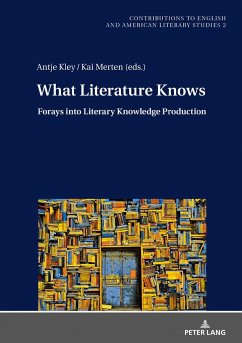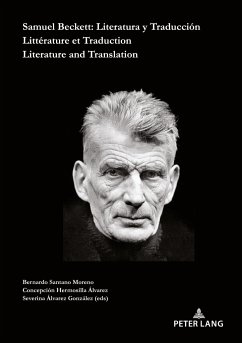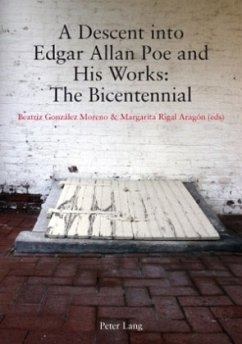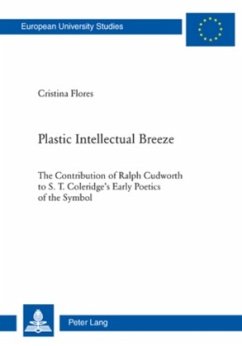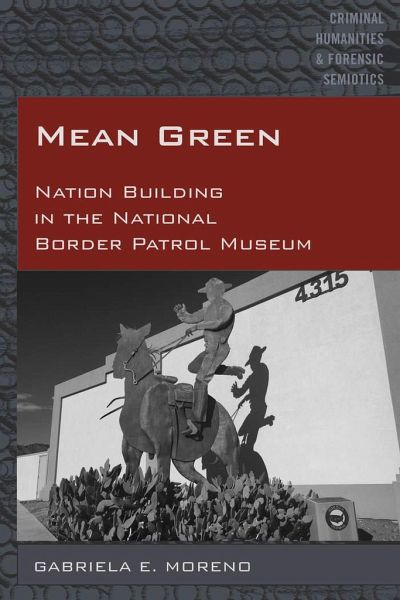
Mean Green
Nation Building in the National Border Patrol Museum
Versandkostenfrei!
Versandfertig in 6-10 Tagen
107,85 €
inkl. MwSt.
Weitere Ausgaben:

PAYBACK Punkte
0 °P sammeln!
The National Border Patrol Museum (NBPM) in El Paso, Texas, presents a view of the history, culture, and life along the U.S.-Mexico border that is not offered in any other museum in the world. Moreover, it provides an opportunity to study and understand people and life along the border through the different forms in which they represent themselves and how they are viewed by others. Mean Green: Nation Building in the National Border Patrol Museum presents an analysis of the museum that deploys theoretical approaches in the disciplines of visual and cultural studies, border studies, ethnic studi...
The National Border Patrol Museum (NBPM) in El Paso, Texas, presents a view of the history, culture, and life along the U.S.-Mexico border that is not offered in any other museum in the world. Moreover, it provides an opportunity to study and understand people and life along the border through the different forms in which they represent themselves and how they are viewed by others. Mean Green: Nation Building in the National Border Patrol Museum presents an analysis of the museum that deploys theoretical approaches in the disciplines of visual and cultural studies, border studies, ethnic studies, discourse analysis, museology, and spatial theory.
The objectives of this book are to study the varied representations, that is, the hypermasculine male and the disenfranchised "illegal" immigrant, that reinforce and challenge the dominant discourse present in the hegemonic state; to analyze why the museum represents a homotopia within the limits of a heterotopia; to learn how the museum creates imagined communities through the use of its historical patrimony; to observe the practices in relations of power by employing the notion of a panopticon; and, lastly, to understand how the museum is providing a commodification of symbols to promote the hegemonic state.
The objectives of this book are to study the varied representations, that is, the hypermasculine male and the disenfranchised "illegal" immigrant, that reinforce and challenge the dominant discourse present in the hegemonic state; to analyze why the museum represents a homotopia within the limits of a heterotopia; to learn how the museum creates imagined communities through the use of its historical patrimony; to observe the practices in relations of power by employing the notion of a panopticon; and, lastly, to understand how the museum is providing a commodification of symbols to promote the hegemonic state.






